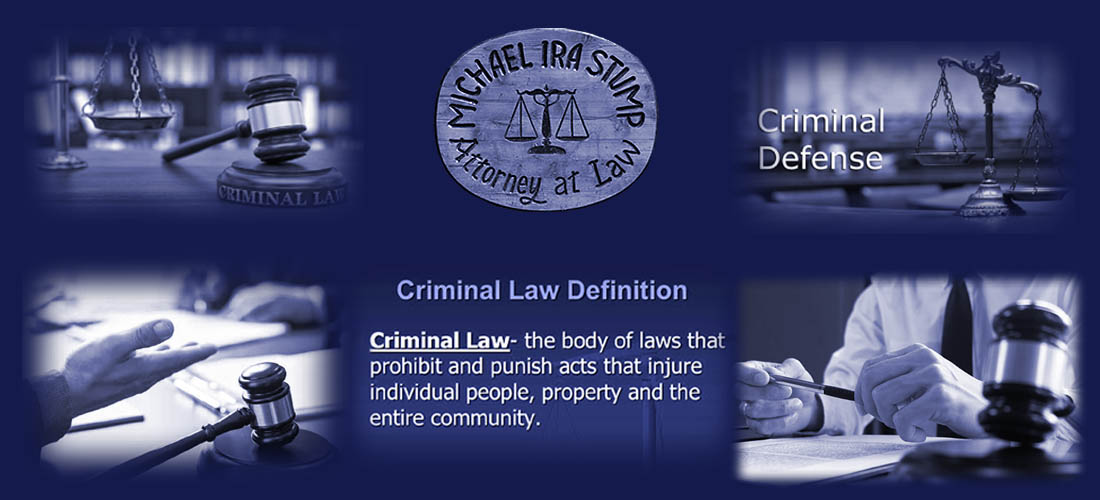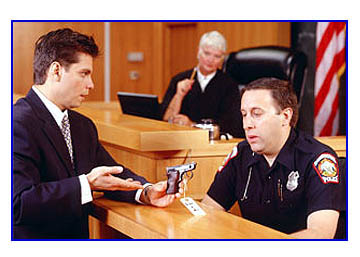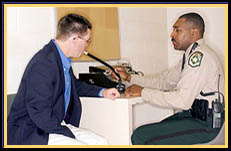

Serving Lehigh County, Northampton County, Berks County & surrounding counties. He handles all misdemeanors, felonies, & summaries.
When you are charged with a
crime, your future is on the line. If you've been charged with
a criminal offense, don't hesitate; CALL OR EMAIL TODAY to schedule
a  consultation. Attorney Stump provides quality criminal defense services in Lehigh County,
Northampton County, Berks County & surrounding counties. He handles all misdemeanors, felonies, & summaries.
consultation. Attorney Stump provides quality criminal defense services in Lehigh County,
Northampton County, Berks County & surrounding counties. He handles all misdemeanors, felonies, & summaries.
Attorney Stump understands that this unexpected situation in your life requires the support & guidance of an experienced criminal attorney. He has over 30 years of legal experience primarily serving Lehigh County, Northampton County & Berks County.
If you've been arrested for a criminal case, let me represent you with knowledgeable,
aggressive & affordable legal services.
Call 610-965-0911 today for your consultation for a criminal case! We have been helping people just like you for over 30 years.
consultation for a criminal case! We have been helping people just like you for over 30 years.

Criminal law is the body of law that relates to crime. It represents conduct perceived as threatening, harmful, or otherwise endangering to the property, health, safety, & moral welfare of people. Criminal law includes the punishment & rehabilitation of people who violate such laws.
Criminal law is the body of law that defines criminal offenses. It sets the penalties & modes of treatment applicable to convicted offenders.
This law makes it possible to resolve conflicts between quarreling citizens. It provides a peaceful, orderly way to handle grievances. Criminal law protects citizens from criminals, who would inflict physical harm on others or take their worldly goods.




Criminal law, rather than civil law, applies when a wrong harms society, as opposed to only individuals. Classic crimes, such as murder, certainly affect the rights of the individual victim. So why are they crimes rather than private lawsuits for personal injuries (torts)? Because they injure the state's ability to keep the peace. (They are also torts in that the victim may go to the civil justice system and sue for redress.) The state will have statutes that make committing murder a crime, that specify the penalty for the crime, and that establish the proof that must be offered to establish the crime. Perhaps the most consistent difference between civil and criminal law is the certainty of proof necessary to find a defendant guilty.
Crimes, violations of the state or federal criminal laws, must be proved beyond a reasonable doubt. Torts & other civil wrongs must be proved by a preponderance of the evidence. "Preponderance" is taken to mean a majority, 51 percent, or other equivalent measures that imply that the defendant more likely than not committed the act. "Beyond a reasonable doubt" is a more difficult standard to define. It defies statistical definition because of the problem of defining reasonable.
The standard of proof is higher in criminal cases for three reasons: